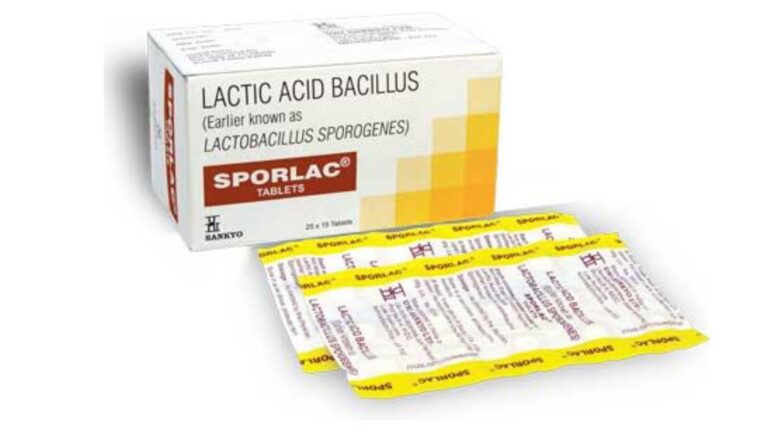Introduction to the Importance of Health and Nutrition
Health and nutrition are key pillars for any child’s growth and development. Nutrition is important for physical growth and plays an important role in cognitive development, academic achievement, and overall well-being. Recognising this, the Government of India has made great strides to ensure that every child has access to the nutrition they need to thrive. Through various government policies, programmes have been implemented to promote child health and nutrition in India.
This article delves into the importance of health and nutrition programmes, the ongoing efforts of the Government of India to address child nutrition and the valuable contribution of NGOs in this area.
The Impact Of NGO Initiatives On Health Goals
NGOs are important in advancing health goals by implementing evidence-based nutrition programmes. These initiatives often target underserved communities, ensuring access to essential nutrients and education about healthy eating habits. By collaborating with local governments and health agencies, NGOs can tailor their programmes to address specific regional dietary deficiencies and health challenges.
The impact of these efforts is immense: Improved nutritional knowledge leads to healthier food choices, reducing the prevalence of diet-related diseases such as diabetes and hypertension. NGOs’ focus on sustainable practices also promotes long-term community resilience, building an environment where healthy living becomes the norm rather than the exception.
Steps to Achieve Health Goals through Nutrition Programmes
Achieving health goals through health and nutrition programmes requires a strategic and multi-faceted approach. Implementing successful nutrition programmes involves several critical steps that ensure effectiveness, sustainability, and community impact. Here is a step-by-step guide on how to create and maintain effective programmes to progress child health and nutrition in India:
Assessment and Planning
- Conduct a comprehensive assessment to identify the nutritional needs of the target population.
- Gather data on local dietary habits and health indicators.
- Develop a detailed plan outlining the programme’s goals, target beneficiaries, resources required, and timeline.
Community Involvement and Awareness Campaigns
- Engage with the community to raise awareness about the importance of nutrition and the benefits of the programme.
- Organise workshops, seminars, and community meetings to educate families about healthy eating practices.
- Involve local leaders and influencers to advocate for the programme and encourage participation.
Partnering with Local Governments and Organisations
- Collaborate with local government bodies, healthcare providers, schools, and other relevant organisations.
- Leverage existing infrastructure and resources to enhance the programme’s reach and effectiveness.
- Secure funding and support from both the public and private sectors to ensure sustainability.
Implementation of Nutrition Interventions
- Distribute nutritious meals, supplements, and fortified foods to children.
- Provide regular health check-ups and growth monitoring to track progress and identify any health issues.
- Incorporate nutritional education into school curriculums and community programmes to promote long-term healthy habits.
Continuous Monitoring and Evaluation
- Establish a robust monitoring and evaluation system to track the programme’s impact and progress.
- Collect data on key health indicators, such as growth rates, incidence of lack of nutrition, and academic performance.
- Use this data to make informed adjustments to the programme, ensuring it meets the evolving needs of the community.
Adapting Programmes to Local Needs and Conditions
- Customise nutrition programmes to fit the specific cultural, economic, and environmental conditions of the local area.
- Consider local dietary preferences and available food resources when designing meal plans and interventions.
- Engage with the community to gather feedback and make necessary modifications to the programme.
Implementing successful health and nutrition programmes involves a comprehensive and collaborative approach. By assessing needs, involving the community, partnering with local entities, and continuously monitoring and adapting the programme, we can ensure that children receive the essential nutrition they need to thrive. These steps address immediate health concerns and promote long-term well-being and development, paving the way for healthier, more prosperous communities.
The Way Forward
NGOs such as Bal Raksha Bharat (also known as Save the Children) play a critical role in driving change and achieving health goals. The organisation implements targeted initiatives that directly reach the most vulnerable populations by complementing government efforts. They provide on-the-ground support, educational resources, and direct nutritional aid, significantly impacting children’s health outcomes across the country.
Individuals and communities must support NGOs such as Save the Children India to make a lasting difference. By getting involved through volunteering, donating, or advocating for their programmes, we can collectively work towards a healthier future for all children. Your support can help ensure that every child in India has access to the nutrition they need to thrive and grow into healthy, productive adults.







